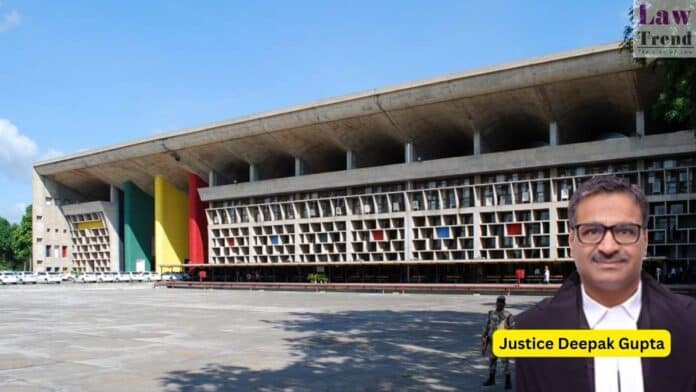In a key ruling, the Punjab and Haryana High Court reaffirmed that tenants cannot dictate to landlords on the issue of bonafide necessity. The judgment was delivered by Justice Deepak Gupta in CR No. 3388 of 2024 and CR No. 3415 of 2024, in which the Court dismissed the revision petitions filed by tenants Satish
To Read More Please Subscribe to VIP Membership for Unlimited Access to All the Articles, Download Available Copies of Judgments/Order, Acess to Central/State Bare Acts, Advertisement Free Content, Access to More than 4000 Legal Drafts( Readymade Editable Formats of Suits, Petitions, Writs, Legal Notices, Divorce Petitions, 138 Notices, Bail Applications etc.) in Hindi and English.




